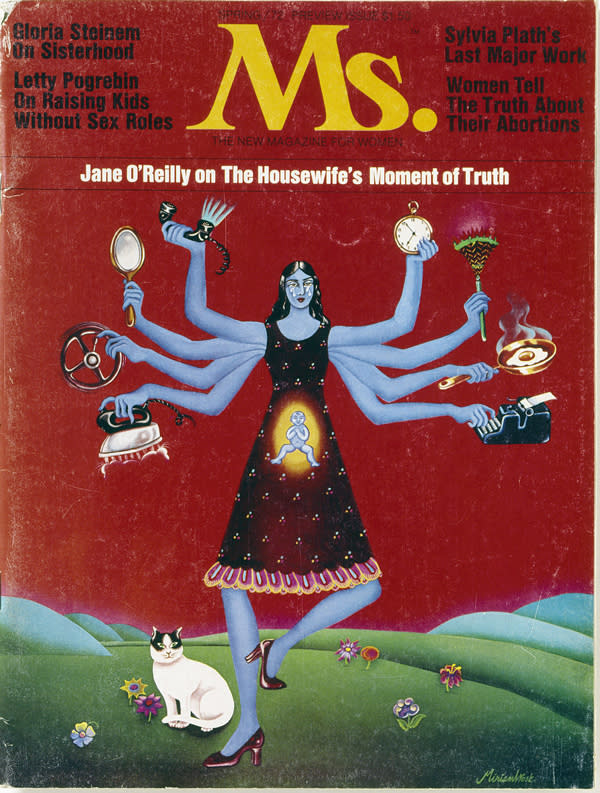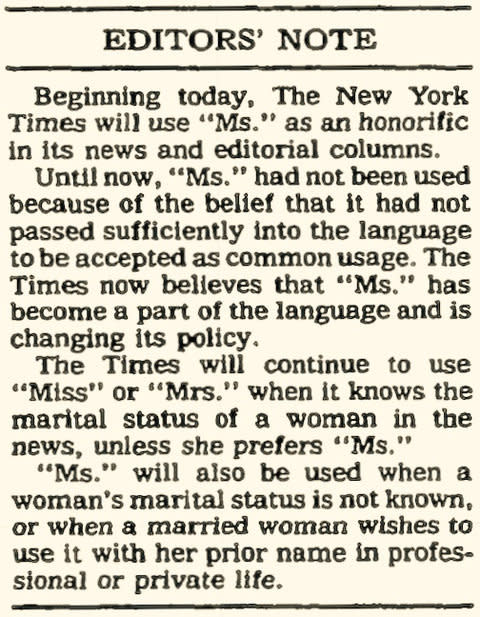She will be Ms.-ed: feminist champion Sheila Michaels dies aged 78

She may not have invented the term, but Sheila Michaels is credited with popularising ‘Ms.’ as a way to address women as individuals, rather than being identified by their relationship to a man.
Ms Michaels – who during her colourful life in New York worked as a Japanese restaurateur, cab driver, and civil-rights campaigner – passed away on June 22 at the age of 78. The cause of death was acute leukaemia.
The use of the title “Ms.” was first recorded in 1901, in an editorial published in a regional American paper. Ms Michaels she started a campaign to bring the title into the mainstream in the 1960s. She explained why in an interview with The Guardian in 2007.
“[I] was looking for a title for a woman who did not ‘belong’ to a man,” she said. “I didn’t belong to my father and I didn’t want to belong to a husband – someone who could tell me what to do.”
‘Two consonants and a period’
Ms Michaels suggested the title “Ms.” for Gloria Steinhem’s feminist magazine, and they agreed in 1972. In a recent editorial, editors wrote: “‘Ms’ is how you address a woman as a whole person. In a culture where women were identified on the basis of their marital status… [it was a] way to define ourselves as individuals, not subordinates or partners.”
It took 20 years before The New York Times adopted the word. In an editor’s note on June 20, 1986, they confirmed they would start using “Ms.” to refer to women who didn’t want their relationship status to define the way they were introduced.

In an obituary published by the paper for her today, The Times said: “In the end, then, Ms. Michaels leaves a legacy both minute and momentous: two consonants and a small dot — three characters that forever changed English discourse.”
RELATED STORIES
‘I’m not a feminist, but…’: Modern feminism from a teenager’s perspective
151 years of progress: A timeline of women’s rights and gender equality in the UK
Why we’re raising our sons as feminists

 Yahoo News
Yahoo News 

